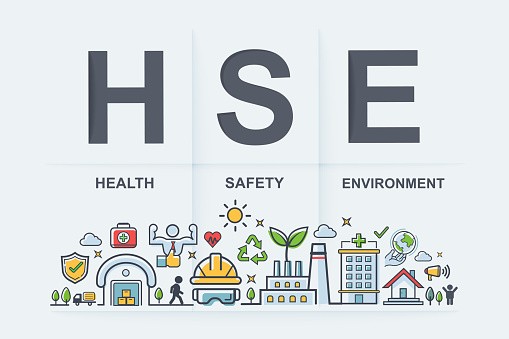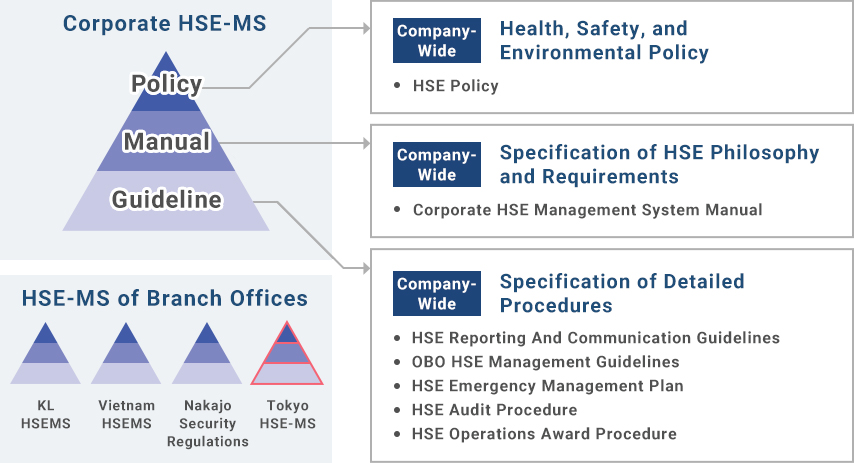Currently Empty: ₹0.00

At Mocstaff, we believe that every employee plays a crucial role in ensuring a safe, healthy, and environmentally responsible workplace. By investing in comprehensive training programs, we empower our team to identify and mitigate risks, fostering a culture of safety and well-being.

Human Factors: The Cornerstone of HSE
Human factors, such as behavior, decision-making, and awareness, significantly influence safety, health, and environmental (HSE) outcomes. Effective training programs address these factors by:
Promoting Safety Awareness: Educating employees about potential hazards, safe work practices, and emergency procedures.
Encouraging Safe Behavior: Implementing behavior-based safety (BBS) initiatives to reinforce positive actions and discourage risky behaviors.
Fostering Health Consciousness: Providing training on health and wellness topics, including ergonomics, personal protective equipment (PPE) usage, and the importance of regular health check-ups.
Instilling Environmental Responsibility: Equipping employees with knowledge and skills to minimize environmental impact through sustainable practices and responsible resource management.
A Holistic Approach to Training
To achieve optimal HSE performance, our training programs combine theoretical knowledge with practical application. We utilize:
Interactive Workshops: Engaging employees in discussions, case studies, and role-playing exercises to reinforce learning.
Hands-On Simulations: Providing opportunities for employees to practice emergency response procedures and safe work techniques in a controlled environment.
Continuous Learning: Offering ongoing training and refresher courses to ensure that employees stay updated on the latest safety standards and best practices.
The Benefits of Effective Training
By investing in comprehensive training, we reap numerous benefits, including:
Reduced Accidents and Injuries: A well-trained workforce is better equipped to identify and avoid hazards, leading to a safer work environment.
Improved Employee Morale: A culture of safety and well-being enhances employee satisfaction and job performance.
Enhanced Environmental Stewardship: A trained workforce is more likely to adopt sustainable practices and minimize the organization’s environmental footprint.
Regulatory Compliance: Adherence to safety and environmental regulations is essential for maintaining a positive reputation and avoiding legal penalties.
Conclusion
At Mocstaff, we are committed to creating a safe, healthy, and environmentally sustainable workplace. By empowering our employees through effective training, we foster a culture of safety, responsibility, and well-being. This investment in our workforce not only benefits our employees but also contributes to the overall success of our organization.


